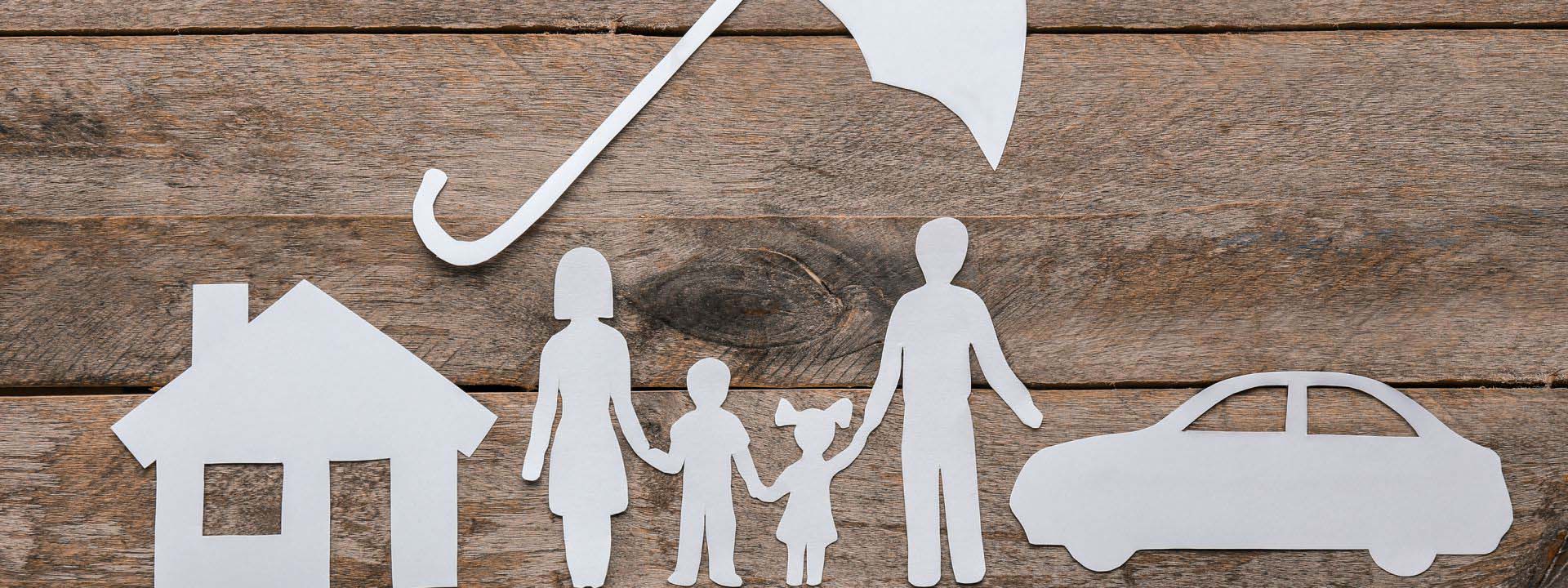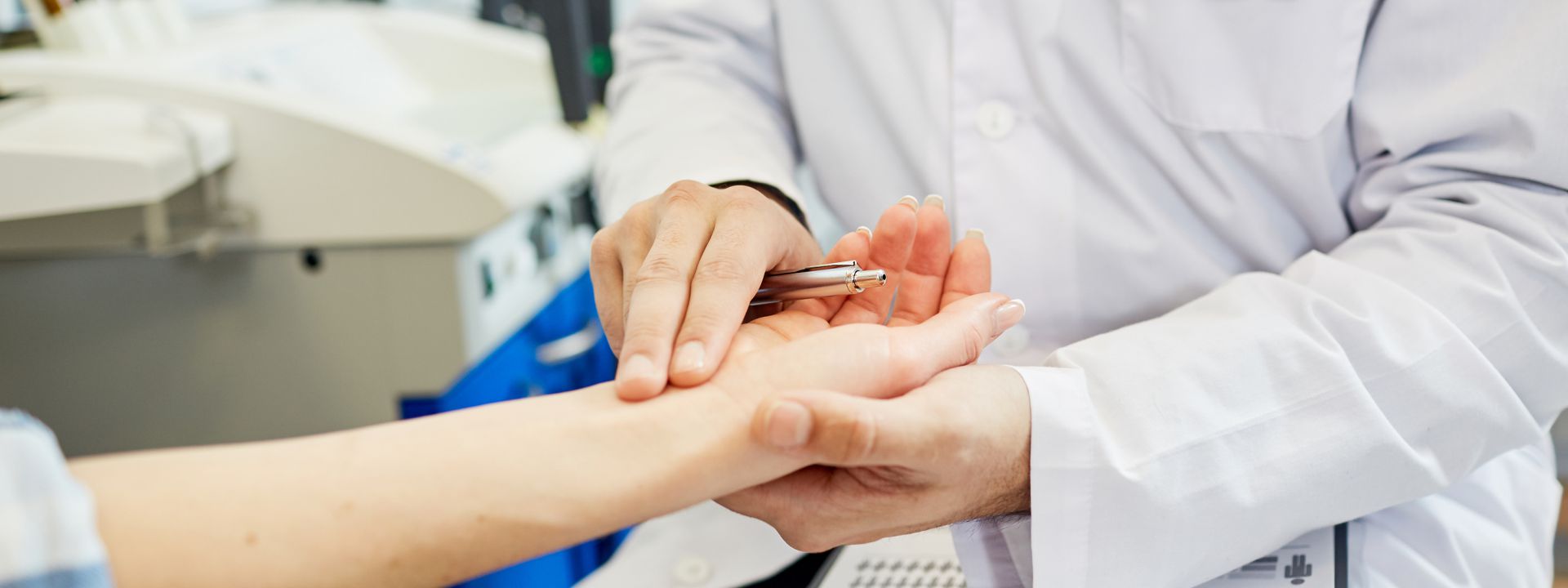Health Disease
Your body is the most priceless possession. After all, you have to dwell in it! So take care of it with a right Health Insurance Plan.
What are Kidney stones?
You may be wondering what exactly kidney stones meaning is! Well, we explain you the kidney stones meaning, their symptoms, causes, treatments and types of kidney stones in a very simple way. Your kidneys function by removing the waste as well as fluids from your blood in order to form urine. At times, there are higher amount of waste and very low amount of fluid in the blood, resulting in sticking of the wastes in your kidneys. Such clumps of waste are termed as kidney stones. These Kidney stones live on your kidneys inner lining usually containing calcium oxalate. These kidney stones may grow up to a size of golf ball with a sharp and crystalline structure. At times, these stones are of small size and therefore they pass away unnoticed through the urinary tract with extreme pain as they pass the body.
Causes of Kidney stones
Lack of water in the body results in formation of kidney stones.
Usually a person, who drinks less than 2 to 3 litres of water, suffers from kidney stones. Water is required to dilute the uric acid which is a component of urine. If enough water is not consumed, the acidic levels of the urine increases even more.
This highly acidic environment then causes kidney stones.
Conditions such as renal tubular acidosis, hyperparathyroidism, dent’s disease, Crohn's disease, urinary tract infection, medullary sponge kidney, etc. result in higher risk of kidney stones.
Types of Kidney stones
Mentioned below are the types of kidney stones:
- Calcium stones: Usually the kidney stones are calcium stones that are in the form of calcium oxalate. This component ‘Oxalate’ is a naturally occurring substance which is found in food as well as is formed by your liver daily. Certain nuts and chocolates, vegetables as well as fruits are high in oxalate content. Calcium stones can also happen in the form of calcium phosphate. Usually a person suffering from renal tubular acidosis may have this type of kidney stone. It may also be linked with migraine headaches as well as if you are consuming seizure medications that contain topiramate (Topamax).
- Struvite stones: These types of kidney stones are formed due to an infection, known as a urinary tract infection. Struvite stones have a tendency to grow quickly and become large enough. They sometimes show few kidney stone symptoms or come with little warning.
- Uric acid stones: Usually people, who don’t drink water or fluids adequately, tend to get these types of kidney stones. Also, people who are on a high-protein diet as well as those having gout, are more prone to uric acid stones.
- Cystine stones: These types of kidney stones are formed in a person with a genetic disorder causing the kidneys to excrete excess of amino acids named as cystinuria.
Treatment
What should you do in case your Kidney stones worsen?
In case you face severe pain, chills, nausea, fever or you are unable to pass the kidney stone within 6 weeks it is advisable to immediately see your doctor. The general physician or urologist will understand your case and accordingly suggest medications or any other therapy.
What are the available Kidney stones treatment options?
In case you have a history of kidney stones, some home treatment and remedies may be suitable. But, a person who has never had a kidney stone should speak with a doctor at the soonest possible.
In case of hospitalization, you may be rehydrated with an intravenous (IV) tube, as well as a medication with anti-inflammatory properties may be administered.
Usually, narcotics help in easing out the pain of passing out the stone tolerable from your body. But, people who show symptoms of vomiting and nausea, an antiemetic medication would be used.
Kidney stones treatment also includes a shock wave therapy performed by a urologist. This therapy is known as lithotripsy that helps in breaking of the kidney stones into smaller pieces, thereby allowing it to pass out from your system.
Kidney stones treatment also includes seeking surgical procedures, for people having large sized kidney stones that are situated in regions that do not permit lithotripsy to be carried out. Surgical procedures involve incision in the back or by insertion of a thin tube that enters into the urethra.
Are there any natural or homemade remedies for Kidney stones?
Mentioned below are the natural or homemade remedies for kidney stones:
- Stay hydrated
- Increasing intake of citric acid
- Lower intake of oxalates
- Lower intake of Vitamin C
- Increase intake of calcium
- Lower the consumption of salt
- Increasing the intake of magnesium
- Reduce consumption of animal protein
- Consume a lot of water, basil juice, apple cider vinegar, celery juice, kidney bean broth, dandelion root juice
When to see a doctor?
In case you face kidney stones symptoms it would make sense to visit a doctor. Your doctor will prescribe medications based on the types of kidney stones you are suffering with.
If you face the below conditions, kindly seek medical attention as soon as possible:
- Extreme pain making you uncomfortable to sit in a position
- Extreme pain along with vomiting and nausea
- Extreme pain along with chills and fever
- Spotting or bleeding while passing urine
- Any difficult or shooting pain to pass urine








 support@greyfont.com
support@greyfont.com Call Us on (022) 4891 3051
Call Us on (022) 4891 3051